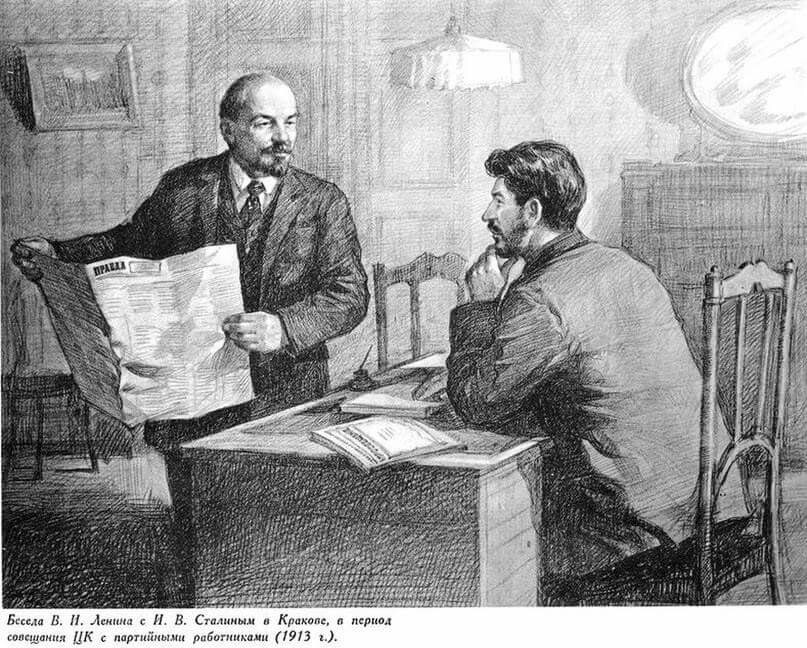this post was submitted on 26 Jul 2024
9 points (80.0% liked)
Working Class Calendar
955 readers
45 users here now
[email protected] is a working class calendar inspired by the now (2023-06-25) closed reddit r/aPeoplesCalendar aPeoplesCalendar.org, where we can post daily events.
Rules
All the requirements of the code of conduct of the instance must be followed.
Community Rules
1. It's against the rules the apology for fascism, racism, chauvinism, imperialism, capitalism, sexism, ableism, ageism, and heterosexism and attitudes according to these isms.
2. The posts should be about past working class events or about the community.
3. Cross-posting is welcomed.
4. Be polite.
5. Any language is welcomed.
founded 1 year ago
MODERATORS
you are viewing a single comment's thread
view the rest of the comments
view the rest of the comments


And thanks to democratic centralism, USSR created its own bourgeoisie.
I'm not aware of that theory, could you elaborate it, or link to some Marxist that developed it?
The most famous Marxist critic with the USSR was Leon Trotsky, who accused the USSR to be a «state capitalism», but he defended democratic centralism —see, by example: Leon Trotsky (1937). On Democratic Centralism and the Regime (1937)—.
Also, Democratic Centralism has been a strong organization model against infiltration and in case of persecution, and a fast decision model in that circumstances and in pre-revolutionary or revolutionary stages.
Trotsky was a bolchevik, of course he agreed… if you accept criticism only from your own school of thought you won't go far.